This website uses cookies
We, and third parties, use cookies on our website. We use cookies to ensure that our website functions properly, to store your preferences, to gain insight into visitor behavior, but also for marketing and social media purposes (showing personalized advertisements). By clicking 'Accept', you agree to the use of all cookies. In our Cookie Statement. you can read more about the cookies we use and save or change your preferences. By clicking 'Refuse' you only agree to the use of functional cookies.
Read the story of
Thomasz - Engineer Production Automation
Read the story of
Thomasz - Engineer Production Automation
Thomasz studied Aerospace Engineering, but ended up at Van Oord through an unexpected route. As an Engineer Production Automation, he works on smart software systems for dredging vessels—and often travels to see his work in action at sea.
Thomasz studied Aerospace Engineering, but ended up at Van Oord through an unexpected route. As an Engineer Production Automation, he works on smart software systems for dredging vessels—and often travels to see his work in action at sea.
After graduating, I wasn’t sure yet what kind of job I wanted. I took some time off, and then slowly started applying. Through a recruitment agency, I got introduced to Van Oord. To be honest, it wasn’t a job I would’ve applied for myself—it seemed like they wanted more experience than I had. But when I looked at what I had mapped out for myself—what kind of work gives me energy, what I enjoy doing—it all lined up surprisingly well.
My interview was supposed to last an hour, but I ended up talking for two and a half hours with two colleagues who’d been at Van Oord for 10 and 25 years. They still spoke about their work with a big smile. That really stuck with me. I was looking for something multidisciplinary, where I could solve complex problems, help people, contribute to the energy transition, and see more of the world. And that’s exactly what I found.
My interview was supposed to last an hour, but I ended up talking for two and a half hours with two colleagues who’d been at Van Oord for 10 and 25 years. They still spoke about their work with a big smile. That really stuck with me. I was looking for something multidisciplinary, where I could solve complex problems, help people, contribute to the energy transition, and see more of the world. And that’s exactly what I found.
From code to the ship deck
Our team develops and maintains the top layer of automation on board: systems like VOCAM and VODAS. These collect data from all kinds of subsystems—hydraulics, pumps, engines—and make it usable and intuitive for the crew. For example, we detect when a suction pipe is clogged or when pressure gets too high, so the captain can focus on steering the ship instead of managing all the tech.
What I really like is that I’m involved in the full process—not just programming behind a desk, but actually seeing how it all performs on board. I regularly travel for projects, like the LNG vessel builds in Germany, the Netherlands or the UK. Sometimes I’m away for a week, sometimes longer. You sleep on board, in your own cabin. It takes a bit of getting used to—your workplace is also your bedroom—but the vibe is always good. For that week, you’re part of the crew.
What I really like is that I’m involved in the full process—not just programming behind a desk, but actually seeing how it all performs on board. I regularly travel for projects, like the LNG vessel builds in Germany, the Netherlands or the UK. Sometimes I’m away for a week, sometimes longer. You sleep on board, in your own cabin. It takes a bit of getting used to—your workplace is also your bedroom—but the vibe is always good. For that week, you’re part of the crew.
After graduating, I wasn’t sure yet what kind of job I wanted. I took some time off, and then slowly started applying. Through a recruitment agency, I got introduced to Van Oord. To be honest, it wasn’t a job I would’ve applied for myself—it seemed like they wanted more experience than I had. But when I looked at what I had mapped out for myself—what kind of work gives me energy, what I enjoy doing—it all lined up surprisingly well.
My interview was supposed to last an hour, but I ended up talking for two and a half hours with two colleagues who’d been at Van Oord for 10 and 25 years. They still spoke about their work with a big smile. That really stuck with me. I was looking for something multidisciplinary, where I could solve complex problems, help people, contribute to the energy transition, and see more of the world. And that’s exactly what I found.
My interview was supposed to last an hour, but I ended up talking for two and a half hours with two colleagues who’d been at Van Oord for 10 and 25 years. They still spoke about their work with a big smile. That really stuck with me. I was looking for something multidisciplinary, where I could solve complex problems, help people, contribute to the energy transition, and see more of the world. And that’s exactly what I found.
From code to the ship deck
Our team develops and maintains the top layer of automation on board: systems like VOCAM and VODAS. These collect data from all kinds of subsystems—hydraulics, pumps, engines—and make it usable and intuitive for the crew. For example, we detect when a suction pipe is clogged or when pressure gets too high, so the captain can focus on steering the ship instead of managing all the tech.
What I really like is that I’m involved in the full process—not just programming behind a desk, but actually seeing how it all performs on board. I regularly travel for projects, like the LNG vessel builds in Germany, the Netherlands or the UK. Sometimes I’m away for a week, sometimes longer. You sleep on board, in your own cabin. It takes a bit of getting used to—your workplace is also your bedroom—but the vibe is always good. For that week, you’re part of the crew.
What I really like is that I’m involved in the full process—not just programming behind a desk, but actually seeing how it all performs on board. I regularly travel for projects, like the LNG vessel builds in Germany, the Netherlands or the UK. Sometimes I’m away for a week, sometimes longer. You sleep on board, in your own cabin. It takes a bit of getting used to—your workplace is also your bedroom—but the vibe is always good. For that week, you’re part of the crew.
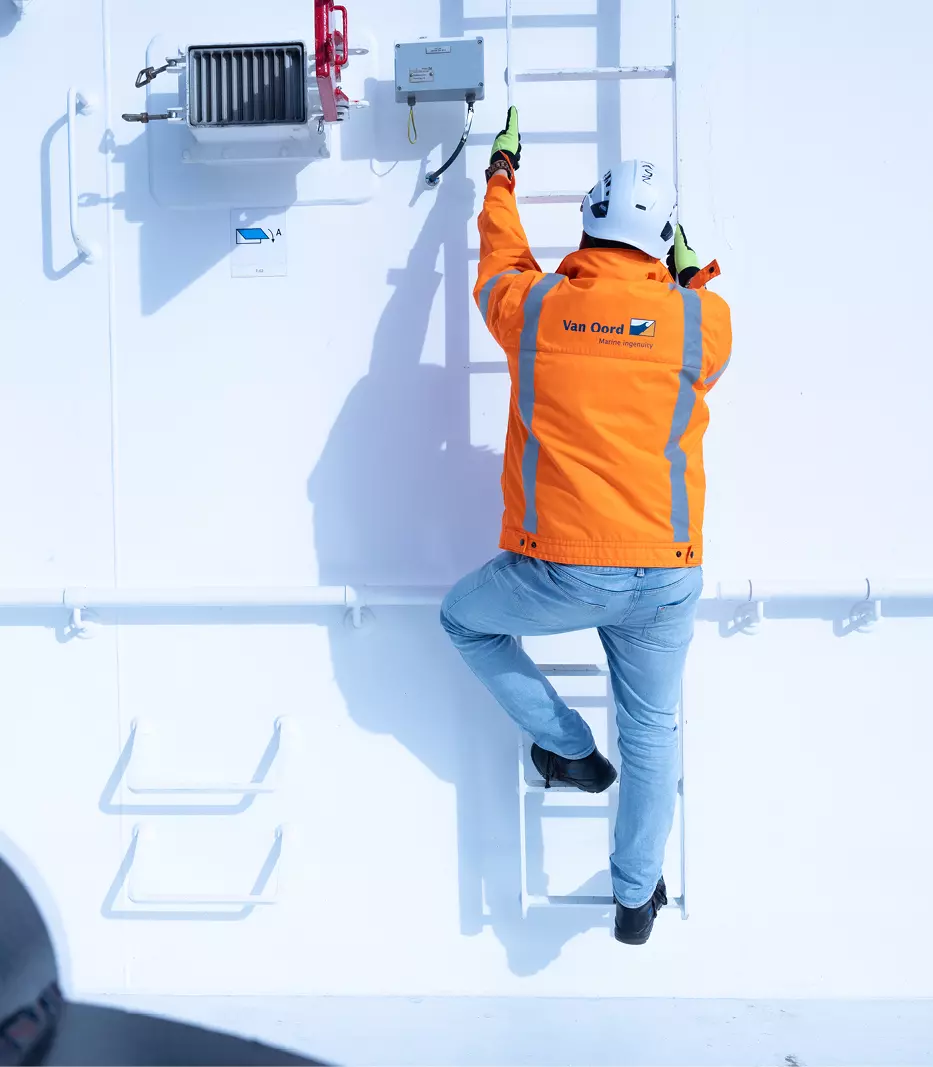
Growing as a specialist
When I started, I had no background in automation. I really learned everything on the job, step by step. I followed safety training, a course in marine engineering, a few programming courses—and now I’m responsible for the three newest trailing suction hopper dredgers in the fleet. I’m currently working on software for a new generation of compact hoppers, based on the ZSH7. We’re building something from the ground up, and I love being part of that.
For now, I get the most satisfaction out of being a technical specialist—coming up with smart, elegant solutions. Like a vessel that can load itself automatically without any input from the crew. You think something up at your desk, and then you actually get to see it working on a real ship. That’s incredibly rewarding.
For now, I get the most satisfaction out of being a technical specialist—coming up with smart, elegant solutions. Like a vessel that can load itself automatically without any input from the crew. You think something up at your desk, and then you actually get to see it working on a real ship. That’s incredibly rewarding.
Solving problems together
What I appreciate about Van Oord is the flexibility of the team. Plans change all the time—that’s just part of the job. But I’m never left to deal with it on my own. We always figure things out together. And I love that we’re really taking steps in the energy transition. Our hopper dredgers now run on LNG. That sounds like a small thing, but it means you need to completely rethink how the systems work and respond. We’re not taking the easy way out—we’re actively working on solutions, and I get to contribute to that.
This job has brought me so many great experiences. I’ve had surprise calls on a Monday morning asking if I could fly to Singapore that same evening. I’ve seen my software deployed during sea trials. I’ve watched one of our ships sail past my apartment, sounding the horn. It’s broadened my horizon in ways I never expected. Head office may be in Rotterdam, but the job is so much more than a desk job.
This job has brought me so many great experiences. I’ve had surprise calls on a Monday morning asking if I could fly to Singapore that same evening. I’ve seen my software deployed during sea trials. I’ve watched one of our ships sail past my apartment, sounding the horn. It’s broadened my horizon in ways I never expected. Head office may be in Rotterdam, but the job is so much more than a desk job.
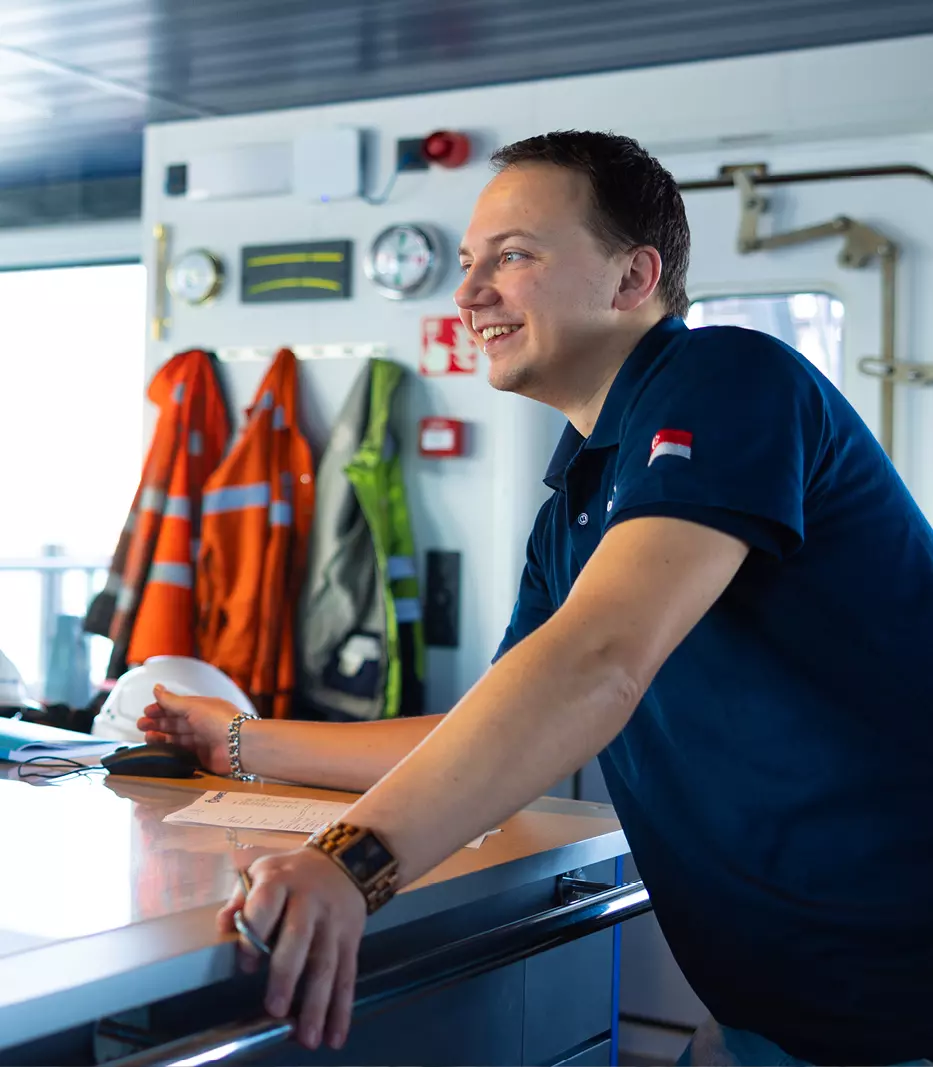
Growing as a specialist
When I started, I had no background in automation. I really learned everything on the job, step by step. I followed safety training, a course in marine engineering, a few programming courses—and now I’m responsible for the three newest trailing suction hopper dredgers in the fleet. I’m currently working on software for a new generation of compact hoppers, based on the ZSH7. We’re building something from the ground up, and I love being part of that.
For now, I get the most satisfaction out of being a technical specialist—coming up with smart, elegant solutions. Like a vessel that can load itself automatically without any input from the crew. You think something up at your desk, and then you actually get to see it working on a real ship. That’s incredibly rewarding.
For now, I get the most satisfaction out of being a technical specialist—coming up with smart, elegant solutions. Like a vessel that can load itself automatically without any input from the crew. You think something up at your desk, and then you actually get to see it working on a real ship. That’s incredibly rewarding.
Solving problems together
What I appreciate about Van Oord is the flexibility of the team. Plans change all the time—that’s just part of the job. But I’m never left to deal with it on my own. We always figure things out together. And I love that we’re really taking steps in the energy transition. Our hopper dredgers now run on LNG. That sounds like a small thing, but it means you need to completely rethink how the systems work and respond. We’re not taking the easy way out—we’re actively working on solutions, and I get to contribute to that.
This job has brought me so many great experiences. I’ve had surprise calls on a Monday morning asking if I could fly to Singapore that same evening. I’ve seen my software deployed during sea trials. I’ve watched one of our ships sail past my apartment, sounding the horn. It’s broadened my horizon in ways I never expected. Head office may be in Rotterdam, but the job is so much more than a desk job.
This job has brought me so many great experiences. I’ve had surprise calls on a Monday morning asking if I could fly to Singapore that same evening. I’ve seen my software deployed during sea trials. I’ve watched one of our ships sail past my apartment, sounding the horn. It’s broadened my horizon in ways I never expected. Head office may be in Rotterdam, but the job is so much more than a desk job.

Persoonlijke en professionele groei

We zorgen voor elkaar

Goede arbeidsvoorwaarden

Persoonlijke en professionele groei

We zorgen voor elkaar

Goede arbeidsvoorwaarden
You might be interested in these vacancies:
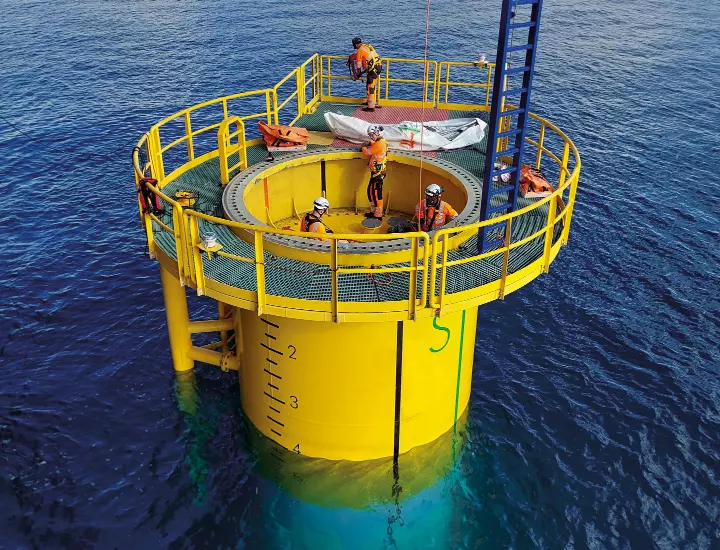
Engineering Manager Capital Dredging
- Rotterdam
- From 32 hours per week
- Engineering, Production Engineering, Project Management, Tender Office
Are you the kind of engineering leader who thrives on solving complex technical challenges and inspiring multidisciplinary teams? At Van Oord you will shape high impact dredging projects that build the future together with your colleagues and clients.
View vacancy

Lead Rock Specialist
- Gorinchem
- From 32 hours per week
- Engineering, Innovation
You design subsea rock solutions that protect what matters, from offshore wind foundations to subsea cables or pipelines, your expertise shapes the seabed and the future of energy. At Van Oord, you’ll lead complex subsea rock and landfall engineering projects that leave a lasting mark.
View vacancy
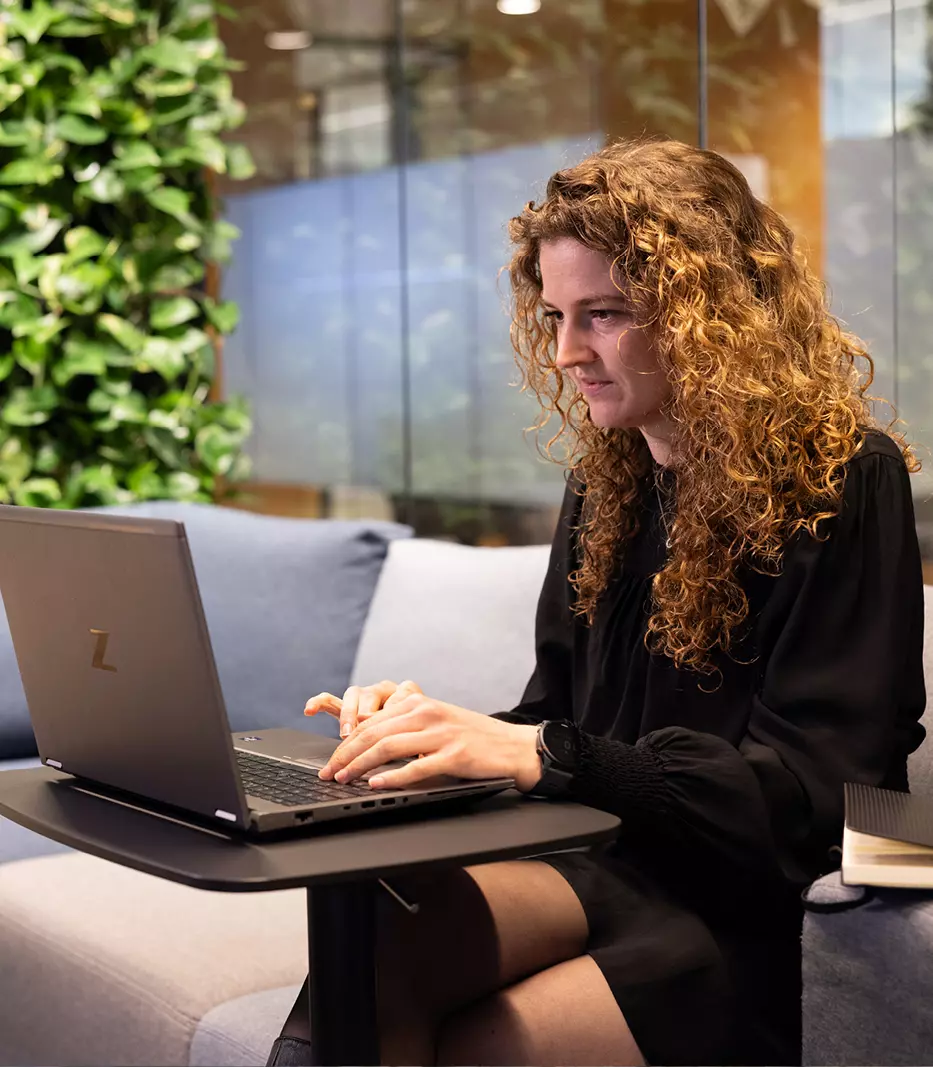
Infrastructure & Cloud Architect
- Rotterdam
- From 32 hours per week
- IT
Are you the Infrastructure & Cloud Architect that guides Van Oord in our journey to become a process-based, data-driven, and digitally enabled company? Do you get energised by enabling our company domains in planning and realizing our future technology and services landscape? Check this out!
View vacancy
'Ik heb hier mooie kansen gekregen. Om te groeien, maar ik heb ook de hele wereld gezien. Thuis kan ik op Google Maps laten zien wat ik gemaakt heb!'
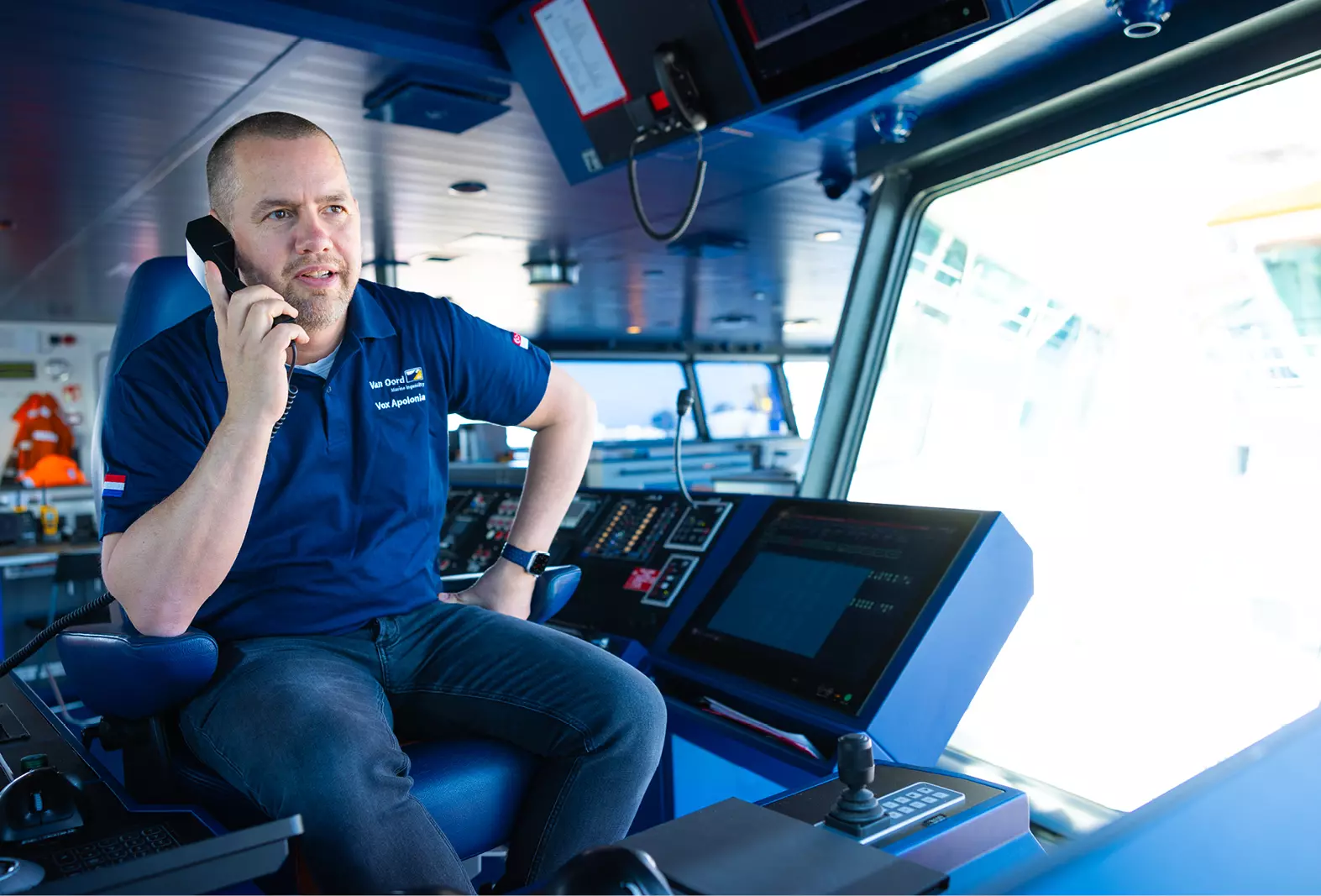
André
Hoofd Stuurman
.png)
New vacancies in your inbox
Want to build a career like Thomasz at Van Oord – but can't find the right vacancy?
Create a job alert and be the first to know when new opportunities come up!